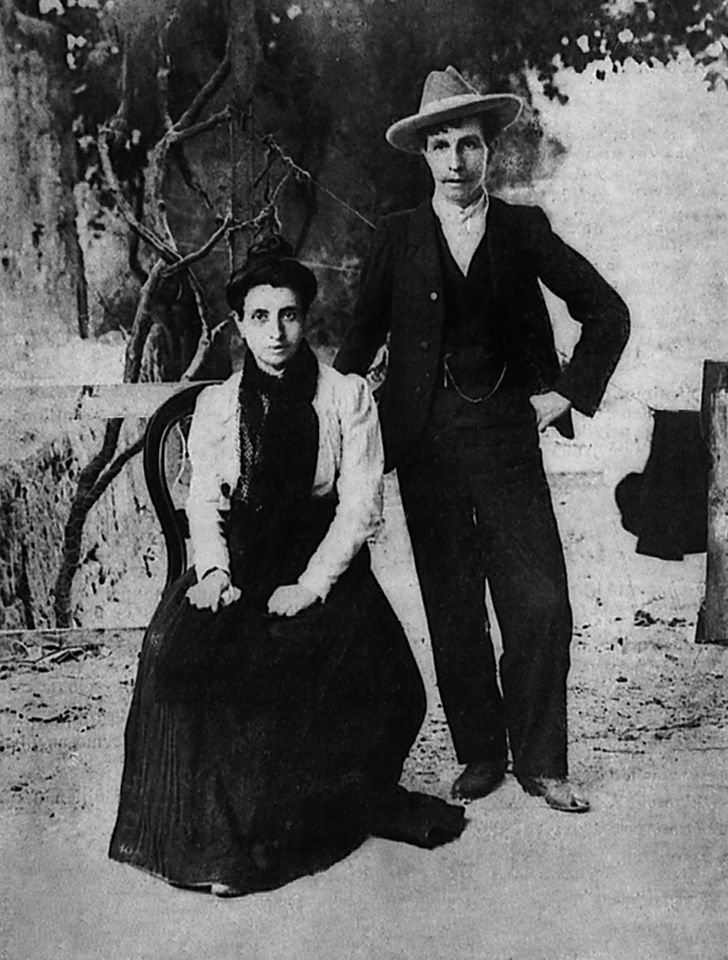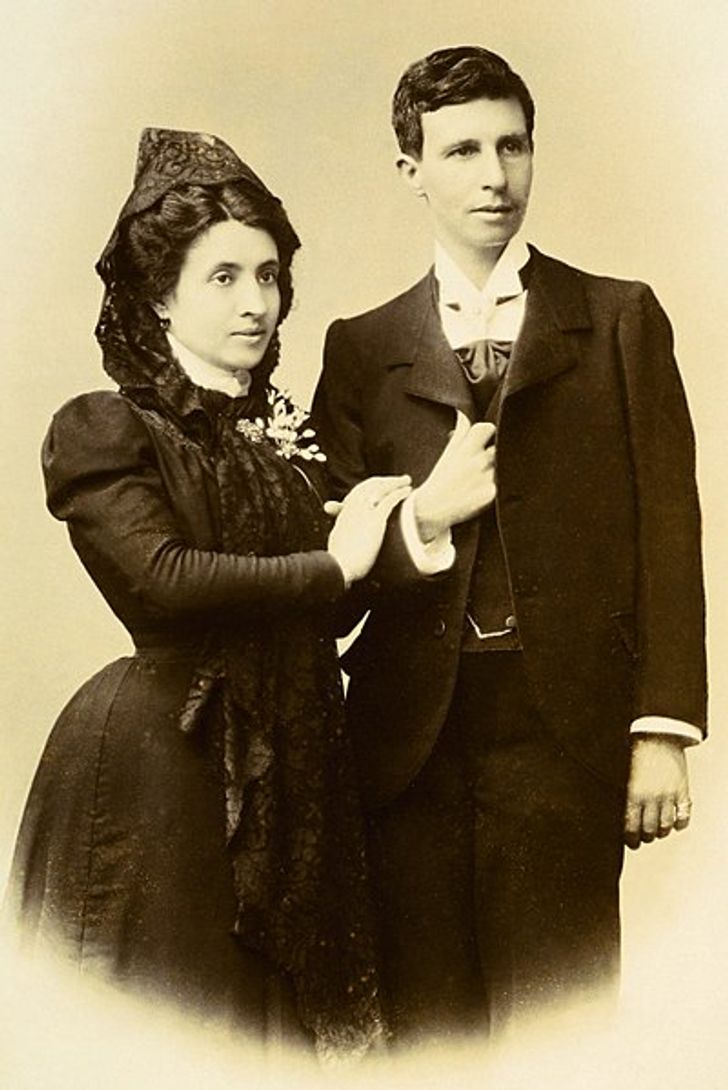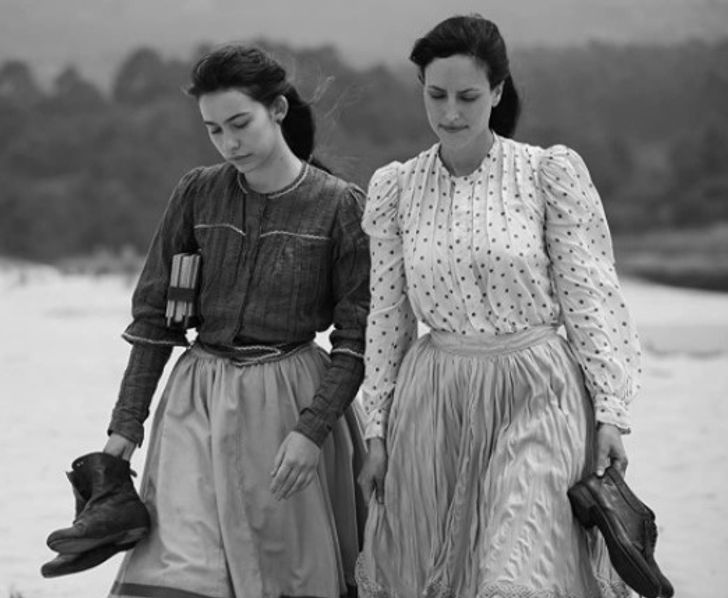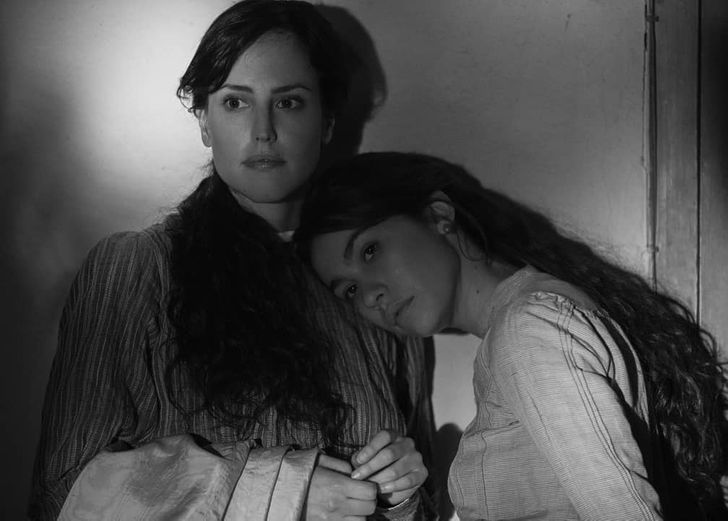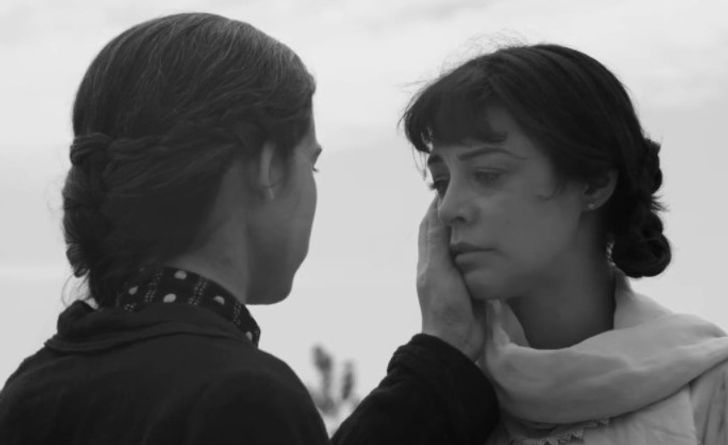Great story! It's sad how world keeps interfering in others' lives; what happens within the walls should stay within the walls.
The Story of the First Same-Sex Marriage: Women Who Ditched Stereotypes to Be Happy
About a century before same-sex marriage became legal in several countries, 2 women followed their hearts and tied the knot. Marcela Gracia Ibeas and Elisa Sánchez Loriga were desperately in love and all they wanted was to be together. Their love was shunned because they were both women but this didn’t stop them from risking a lot for their relationship. They traveled from state to state and even had to change their identity just to make their union possible.
We at Bright Side are seriously impressed by these women’s courage and are delighted to share this heartwarming story of love, devotion, and pure girl power.
Elisa and Marcela were friends at first, but eventually, they sparked a deeper connection.
Marcela Gracia Ibeas and Elisa Sánchez Loriga were training to be primary school teachers at the Teacher-Training College for Teachers in A Coruña, Spain. As it turns out, it wasn’t just their passion for teaching that brought them together. In each other, they found a love that, at that time, was taboo.
Marcela and Elisa started off as close friends, but as time went on, their relationship became even more intimate. Their connection was so strong that even those around them noticed it. When Marcela’s parents got wind of the possibility that their daughter could be sparking a scandal by being in a same-sex relationship, they decided it was time to take her out of that school.
Marcela’s parents shipped her off to Madrid in hopes that distance would quell whatever passion she and Elisa shared. But, they were wrong.
Adopting a fake identity was the only way they could be officially married.
When Elisa and Marcela met again, years later, they were already well into their teaching careers. After completing her studies, Elisa became a teacher at Coristanco, while Marcela was teaching in the village of Calo.
After reuniting, the 2 ladies picked up their relationship from where they left off. Even though their jobs meant that they were in different towns during the day, they spent their nights together. This went on until 1901 when Elisa adopted a false identity so she could marry her beloved. Not only did she adopt a masculine appearance, but she also renamed herself Mario.
On June 8, 1901, Marcela became officially married to Elisa, who was under the guise of Mario at the time. This event would later be known as one of the earliest recorded same-sex marriages.
When their secret came out, they were forced to flee.
As one might expect, Elisa and Marcela’s marriage did not go unnoticed by their neighbors. The “marriage without a man” (as it was dubbed) sparked several reactions and even made it into newspaper headlines. Soon, those around them could no longer turn a blind eye.
A doctor was ordered to confirm if Mario was indeed a man. Even though Mario tried to claim to be a hermaphrodite, the true nature of the marriage was eventually revealed. Sadly, this meant some difficult consequences for the spouses. The couple lost their jobs and were excommunicated. An arrest warrant was served as well.
It was believed that Elisa and Marcela left their home and eventually ended up in Argentina.
A 2008 book by Narciso de Gabriel narrated a possible ending to their love story.
Not much is known about the lives of Elisa and Marcela after they fled from their home. However, in 2008, historian Narciso de Gabriel released a book titled, Elisa e Marcela — Alén dos homes, in which he attempted to fill in some of the gaps.
In the book, Gabriel narrated how Elisa and Marcela were caught, imprisoned, and later released in Porto, Portugal. The author also claimed that Elisa, who adopted the name Maria, married Christian Jensen in 1903.
A film about the ladies led to the discovery of a long lost descendant.
Several decades after Elisa and Marcela fought for their love, a film was made in their honor. Released in 2019, Elisa & Marcela retold the story of these pioneering women. Interestingly, it also resulted in the discovery of Marcela’s descendant, Norma Graciela Moure.
Norma, who only had a name and an old photograph of her ancestor to hold on to, became interested in her lineage as a result of the buzz about the film. She did an online search and realized that the photo she had was of Marcela, who happened to be her great-grandmother.
If you were stuck in a situation where society wouldn’t let you marry the person you loved, what would you do to achieve happiness?
Comments
Related Reads
I Embarrassed My Mother by Kicking Her Out of My Wedding
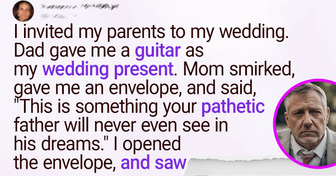
12 People Shared the Most Unsettling Story a Child Has Ever Told Them
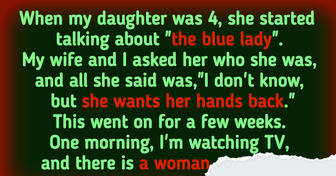
15+ Celebrities Who Changed Beyond Recognition Over the Past Decade

12 Creepy "House Rules" People Encountered When Visiting Others

15+ True Life Stories With an Unexpected Finale That Deserve a Movie
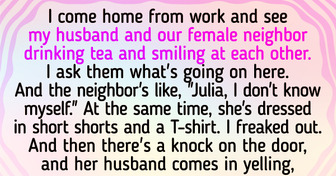
My Husband Disappeared, Leaving Me 8 Months Pregnant With His Baby
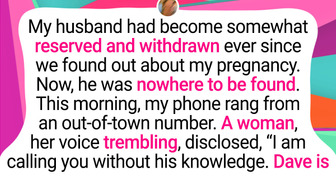
I Installed a Secret Camera After My MIL Insisted on Having Our Key

15 Stories From Housekeepers That Truly Stunned Us

I Paid for My Seat, I’ll Recline It As Much As I Want

15 Inimitable Children That Speak Better Than Some Adults

I Made a Meal for My Husband, but He Embarrassed Me in Front of Everyone Over One Thing

10 Romantic Encounters That Started Like a Dream but Ended Like a Nightmare

